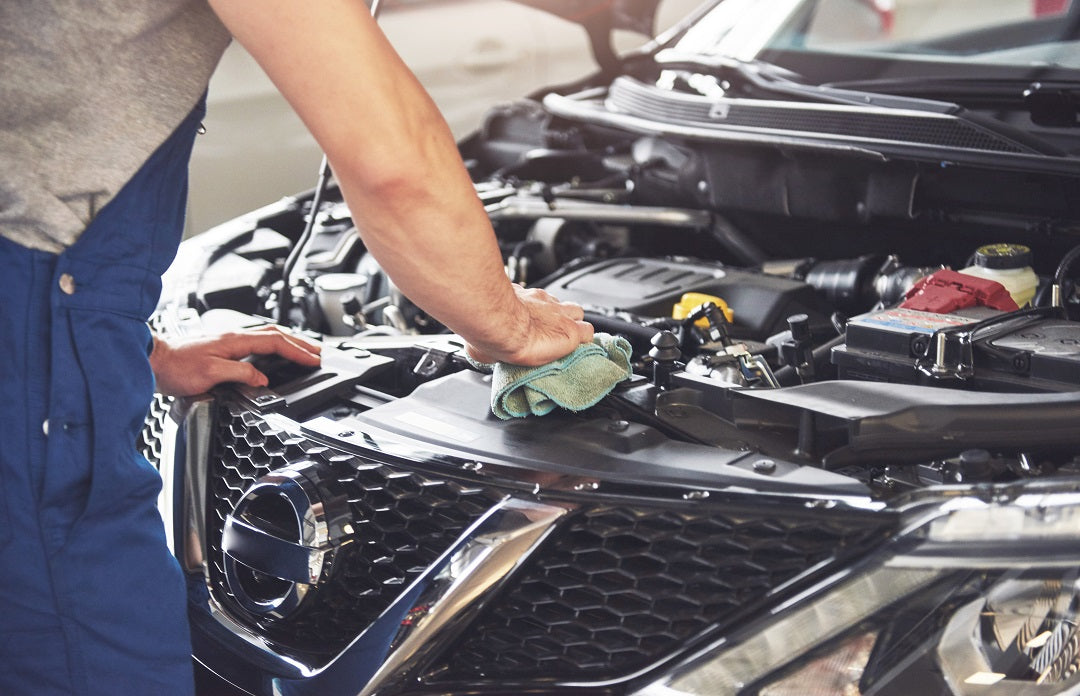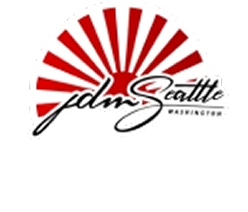
Signs Your Engine May Be Damaged
Your vehicle's engine is the heart of your car, responsible for powering all its components and keeping it running smoothly. Engine damage can lead to costly repairs and potentially leave you stranded on the side of the road.
Recognizing the signs of engine trouble early on can help you avoid major issues and save you from expensive repairs.
Here are some common signs that your engine may be damaged:
-
Check Engine Light On: The check engine light on your dashboard is a clear indication that something is wrong with your vehicle. While it could be triggered by various issues, it's crucial not to ignore it. When the check engine light comes on, it's best to have your vehicle checked by a qualified mechanic to diagnose the problem promptly.
-
Strange Noises: Unusual noises coming from the engine area are a definite cause for concern. Knocking, rattling, or banging noises could be a sign of engine damage, such as worn-out bearings, loose components, or piston problems. If you hear any strange sounds, it's essential to get your vehicle inspected as soon as possible to prevent further damage.
-
Loss of Power: A noticeable decrease in engine power or sluggish acceleration can indicate engine issues. This could be caused by fuel system problems, clogged filters, or a malfunctioning sensor. A loss of power can affect your vehicle's performance and fuel efficiency.
-
Excessive Exhaust Smoke: If you notice thick, colored smoke coming from your exhaust pipe, it's a sign that your engine may be burning oil or coolant.Blue smoke suggests oil consumption, white smoke indicates coolant leakage, and black smoke indicates an issue with the fuel system. In any case, excessive smoke should be addressed promptly to avoid engine damage.
-
Engine Overheating: Your engine should run at a consistent temperature, and if it overheats, it can lead to severe damage. Watch for warning signs such as rising temperature gauges, steam coming from under the hood, or a sweet smell of coolant. Overheating can be caused by issues with the cooling system, like a malfunctioning thermostat, low coolant levels, or a faulty water pump.
-
Oil Leaks: Oil leaks are not only bad for the environment but can also be detrimental to your engine's health. Leaking oil can lead to low oil levels, causing friction and heat buildup in the engine. Regularly check for any signs of oil leaks and address them promptly to maintain your engine's health.
-
Vibrations or Rough Idling: If your vehicle is vibrating excessively or idling roughly, it could be a sign of engine misfires or worn-out spark plugs. Ignoring these issues can lead to more severe engine problems.
-
Decreased Fuel Efficiency: If you find yourself visiting the gas station more frequently, it could be due to engine trouble. Decreased fuel efficiency can result from various engine issues, including oxygen sensor problems, fuel injector clogs, or a malfunctioning mass airflow sensor.
In conclusion, being aware of these signs of engine damage can save you from more significant problems down the road. Regular maintenance and addressing issues promptly can prolong the life of your engine and keep your vehicle running smoothly.
If you notice any of these signs, it's best to have your vehicle inspected by a qualified mechanic to diagnose and resolve the issue before it leads to more severe and costly repairs.

